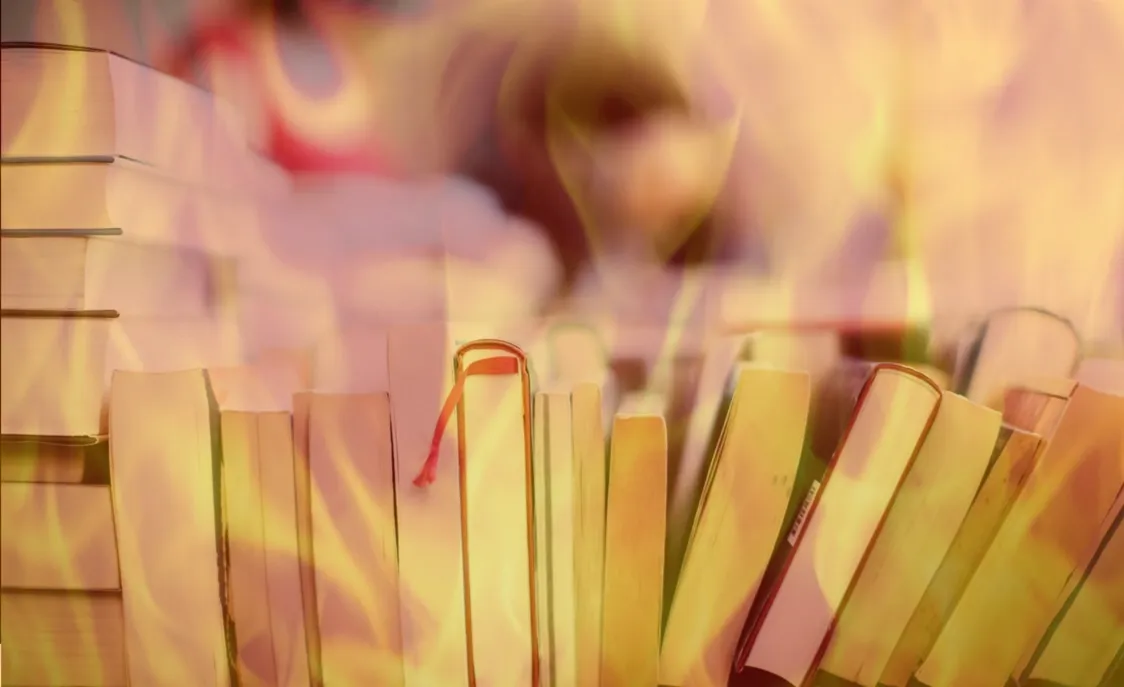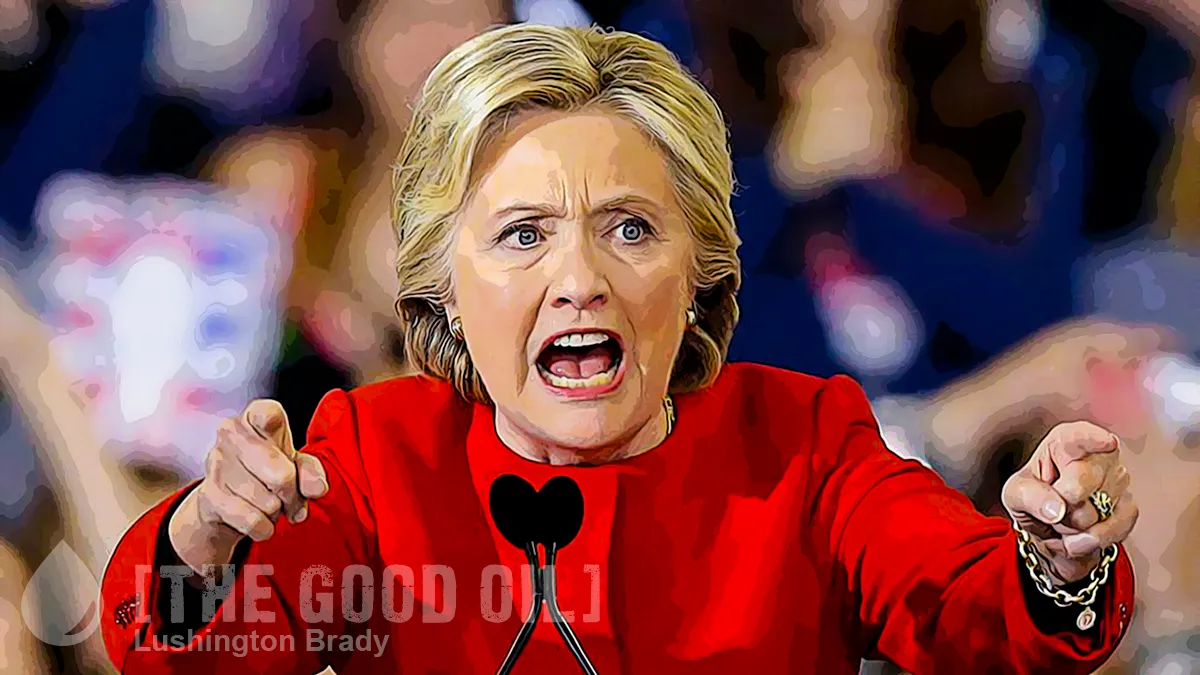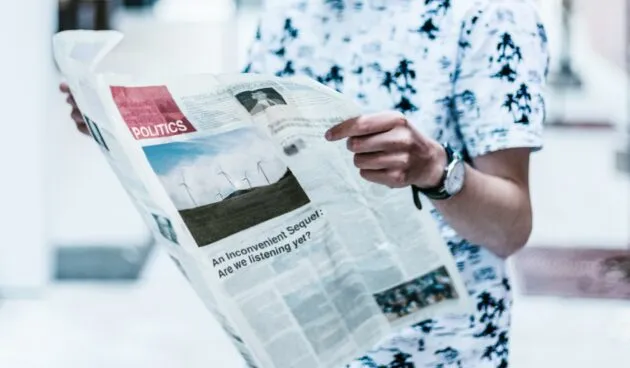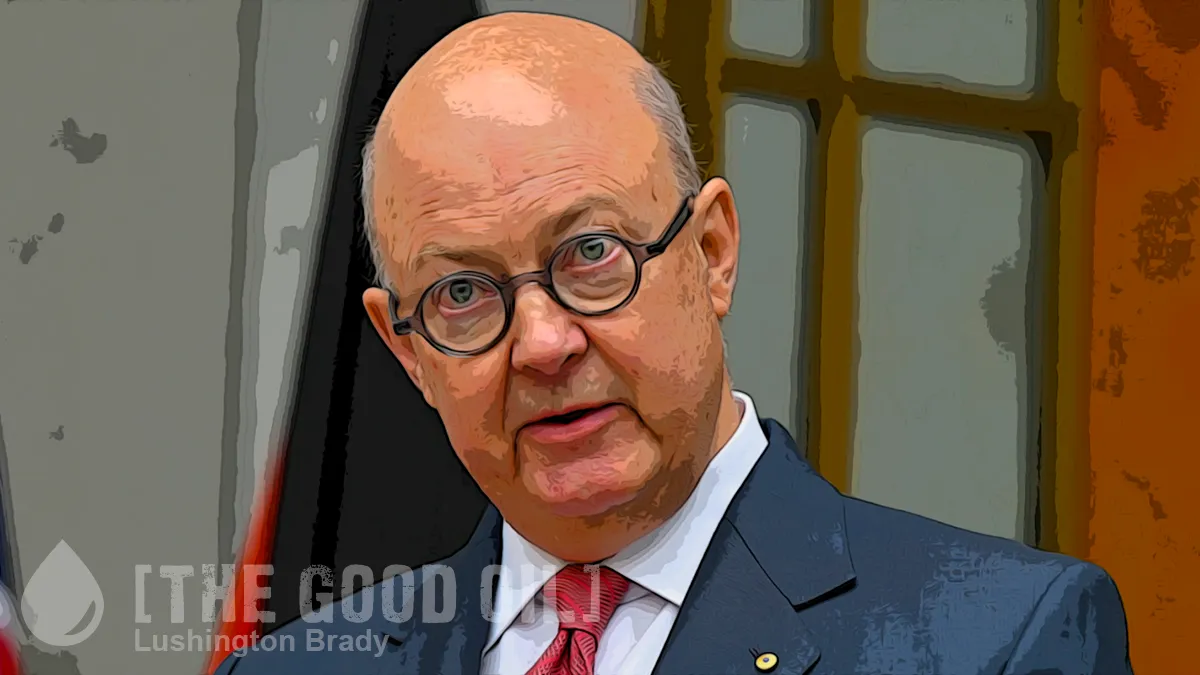In the late 1970s and early 80s, the music industry was in crisis: the major labels and artists were bloated, coke-addled dinosaurs headed for extinction. The punk explosion hit the music biz like an asteroid. Michael Jackson is credited with saving the major labels (gee, thanks). But it wasn’t the end of the indies. Forced underground, like tiny Cretaceous mammals hiding from the blundering giant lizards, the independent labels soldiered through the 80s, learning, evolving – and triumphing in the 90s.
A similar process is working through the publishing industry. The big publishing houses are slowly committing suicide, addicted not to coke but woke.
While finishing her latest book, novelist Lionel Shriver says, she was advised to remove some passages about identity politics, “supposedly out of a desire to protect me from my critics”. Another successful author, who writes for the young adult market, is currently transposing the setting of her novel across continents after a “sensitivity reader” rejected the idea that she, a white woman, could portray the Asian adolescent experience.
Even bonkbuster queen Jilly Cooper was told by her publisher not to call a character “fat” anymore; they now must be deemed “large”.
Every author, agent and publisher in the literary establishment seems to have their own anecdote about censorship, cultural appropriation or “cancel culture”.
Publishing is the latest battlefront of the Long March through the institutions. Like African warlords, the culture warriors of the left-elite are deploying a generation of child soldiers wholly indoctrinated in wokeism.
“This is the tension that comes from an industry in which staff are left-wing but the structures are entirely capitalist and market-driven,” says one agent. “Publishing is full of idealists who enter a less-than-idealistic structure. There used to be an attitude of succes d’estime. Now books are entirely judged by their sales figures. So the main way for the young to express their idealism is through protest.”
But the industry’s real problem is the gutlessness of its bosses.
Such attitudes create headaches for publishing bosses. The head of one imprint describes an anti-Rowling complaint by staff working on her most recent children’s book, The Ickabog, as “a step away from book burning”[…]nowhere is this playing out more publicly than at Hachette. In March, the publishing giant’s American arm pulped a memoir by film director Woody Allen, who has been accused of sexual abuse, a claim he denies. Staff in New York and Boston had staged a walkout in protest at its publication. The biggest controversy came on this side of the Atlantic, though.
When J K Rowling was cancelled by the Twitter bullies, Hachette’s resident cry-bullies dutifully followed the party line.
Some staff threatened to stop working on The Ickabog. An open letter, believed to have been written by an editorial assistant, called for executives to make a public statement about trans rights.
What they did was even weaker and more craven.
“If we’d done that, it would have looked like a direct attack on one of our authors and her free speech,” says a senior publisher at Hachette, adding that there is already a policy that if staff find a book’s content upsetting – if it is about a trauma they too have experienced, for example – they can excuse themselves from working on it.
This is a lame surrender of authority. Publishers – and free speech – would be far better served if the cry-bullying footsoldiers of woke-ism were simply sent on their way with a flea in their ear. “Them as pays the piper calls the tune,” as my mother used to say. If some precious little snowflake with a gender studies degree refuses to do the work they’re paid to, then show them the door. It’s not as if there aren’t plenty of jobseekers ready to take their place.
Be the boss.
Meanwhile, as the publishing industry drowns itself in wokeism, the self-publishing industry is booming.
Like the independent music scene of the 80s, self-publishing is a Wild West of the good, the very bad and the just plain illiterate. But amidst the dross there is plenty of gold, now as then. I’ve read more just damn good story-telling by self-published writers than the big publishing houses have issued in years. They might not win the literary prizes, but just look at the crud that does.
All you need is a tablet and an internet account and a whole, brave new world of independent literature is out there to be discovered.
If you enjoyed this BFD article please consider sharing it with your friends.










